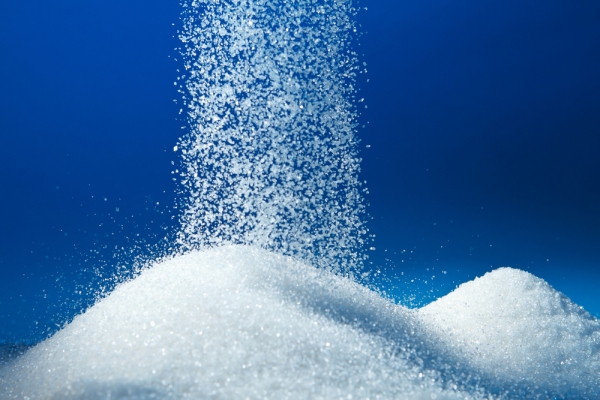We know sugar intake is linked to obesity and obesity-related diseases and that reducing sugar intake can have positive effects on overall health. Today, the World Health Organization (WHO) made a decision that shows it agrees wholeheartedly, advising people to halve the amount of sugar in their diet, from a recommended 10-percent to five-percent.
This dramatic shift is the first change in recommendation since 2002. “It is a tragedy that it has taken 10 years for the WHO to think about changing their recommendation on sugar,” nutritionist and campaigner Katharine Jenner told BBC News. We totally agree.
Though the change has taken a while, it’s sure to make some waves now that it’s arrived. Here’s what you can expect:
- The old recommendation of 10-percent worked out to about 50g of sugar a day for an adult of normal weight. The WHO now says 25g of sugar a day is ideal.
- According to a statement from the WHO, “The new draft guideline also proposes that sugars should be less than 10-percent of total energy intake per day. It further suggests that a reduction to below five-percent of total energy intake per day would have additional benefits.”
- Suggested limits apply to all sugars added to food and sugar naturally present in honey syrups, fruit juices, and fruit concentrates.
- A study of obesity found sugar did not directly cause obesity, but did contribute to overall weight gain. The WHO created its new guidelines based on this study.
- The same study found cases of tooth decay to be less frequent when sugar comprised less than 10 percent of daily calories. “The less sugar you eat, the lower your risk of dental decay,” Professor of Nutrition and Oral Health at Newcastle University Paula Moynihan told BBC News.
- Firm recommendations about sugar intake are not expected until this summer, once the plans have gone for public consultation.
For more, see read the BBC News story.
Also Read:
I Survived a 21-Day Sugar Detox, and So Should You!
Cancer Has a Sweet Tooth! New Research Names Sugar a Detector for Cancer Cells
The Dangerous Ways Sugar-Sweetened Beverages Ruin Our Health

